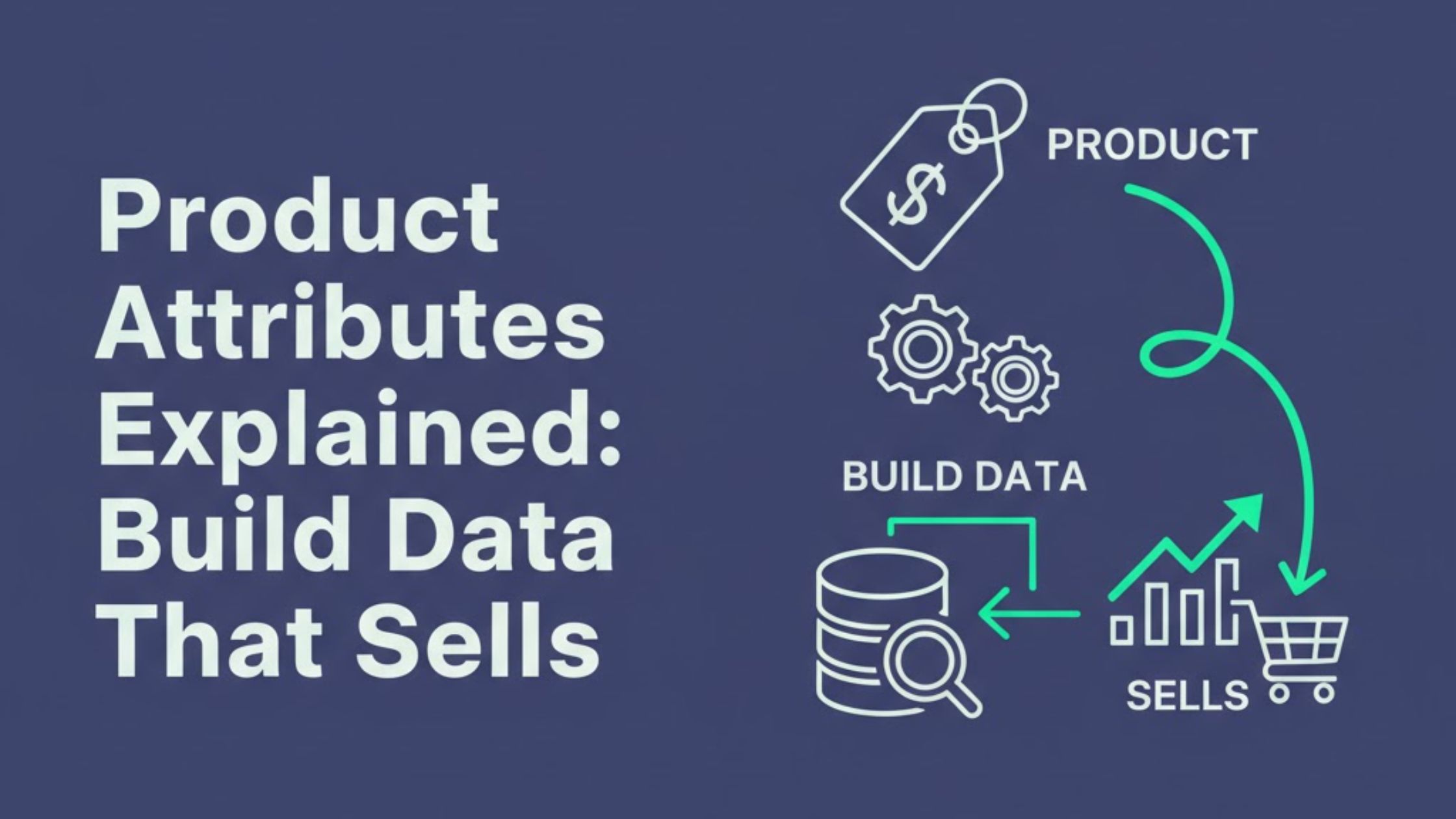When you should consider to implement a PIM platform?

Managing product information might not be a top-of-mind concern in the early stages. However, as your business grows and evolves, keeping track of product data becomes increasingly critical. This is where Product Information Management (PIM) systems can make a world of difference.
A PIM system serves as a centralized platform for storing, managing, enriching, and distributing product information across various channels. It streamlines the entire process, from gathering raw data to presenting polished product content to consumers.
So, when should you start thinking about implementing a PIM system? Here's a beginner-friendly rundown:
1. Growing Product Complexity
As your product offerings expand and become more diverse, keeping track of all the details can quickly become overwhelming. Whether you're juggling different colors, sizes, or specifications, a PIM system acts as a central hub where you can organize and update product information efficiently.
2. Expanding Sales Channels
Are you planning to sell your products across multiple platforms like your own website, social media, or online marketplaces? Each platform may have its own requirements and formats for product information. A PIM system helps ensure consistency across all channels, saving you time and reducing the risk of errors.
3. Speeding Up Time-to-Market
In the fast-paced world of business, being able to bring new products to market quickly can give you a competitive edge. A PIM system streamlines the process of managing product data, making it easier to launch new products or update existing ones without delays or bottlenecks.
4. Maintaining Data Accuracy
Nothing erodes customer trust faster than inaccurate or outdated product information. A PIM system helps maintain data integrity by enforcing consistency, validating information, and ensuring that everyone in your team is working with the most up-to-date data.
5. Personalizing Customer Experiences
Want to offer personalized recommendations or targeted marketing campaigns to your customers? A PIM system provides the foundation for delivering personalized experiences by centralizing rich product data that you can use to tailor your messaging and promotions.
6. Preparing for Growth
Even if you're just starting out, thinking about scalability early on can save you headaches down the road. A PIM system grows with your business, allowing you to handle larger product catalogs, more sales channels, and increased customer demand without missing a beat.
7. Staying Compliant
Depending on your industry, you may need to adhere to certain regulations or standards when it comes to product information. A PIM system helps you stay compliant by providing tools for tracking changes, maintaining audit trails, and ensuring that your data meets regulatory requirements.
In essence, a PIM system is like having a reliable assistant who takes care of all the nitty-gritty details of managing your product information, so you can focus on growing your business and delighting your customers. While implementing a PIM system might seem daunting at first, especially for beginners, the benefits it brings in terms of efficiency, accuracy, and scalability make it a worthwhile investment in the long run. So, if you find yourself grappling with the complexities of product data management, it might be time to consider taking the plunge into the world of PIM systems.


.png)



